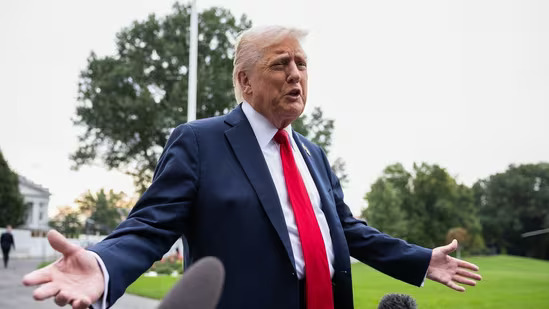The United States government is planning to launch a new program that will offer unaccompanied migrant teenagers a one-time payment of $2,500 if they agree to return voluntarily to their home countries. According to an internal memo, the Department of Homeland Security (DHS) will begin the initiative with 17-year-old migrants and will require authorization from an immigration judge before any departure takes place.
The payment is designed to help the minors reintegrate into their home countries and will only be issued after they return. The proposed plan builds on an earlier voluntary return program introduced during the Trump administration, which offers undocumented adults $1,000 “exit bonuses” for choosing to self-deport.
Officials from the United States Immigration and Customs Enforcement (ICE) said the new plan is a cost-effective alternative to long detention periods and formal deportation proceedings. They explained that the program is voluntary and gives minors the freedom to make an informed decision about their future.
As of early October, about 2,100 unaccompanied minors are in the custody of the Department of Health and Human Services, waiting for placement or immigration hearings. The new plan is expected to reduce this number and ease the burden on detention centers across the country.
However, the initiative has faced strong criticism from immigrant rights advocates, who believe that paying children to return home could violate legal protections for vulnerable minors under U.S. immigration laws. Neha Desai from the National Centre for Youth Law described the policy as a troubling move that could pressure minors into returning to unsafe or unstable conditions.
Advocates argue that the offer may not give children a genuine choice, especially those escaping violence, poverty, or family separation. They say the payments could make minors feel forced to accept return offers without fully understanding the risks involved.
This proposal has also reignited the debate over how the United States manages unaccompanied migrant children arriving at its borders. Many believe the government should focus more on protection, legal aid, and family reunification instead of offering financial incentives for self-deportation.
While the Department of Homeland Security insists the plan is a practical way to reduce costs and manage detention spaces, critics argue that it raises serious moral and legal questions about the government’s responsibility to safeguard children under its care.
Will offering $2,500 encourage migrant teens to return home safely?
Experts warn that while the incentive might reduce detention costs, it risks overlooking the complex humanitarian needs of migrant teens and could pressure them into unsafe decisions.

